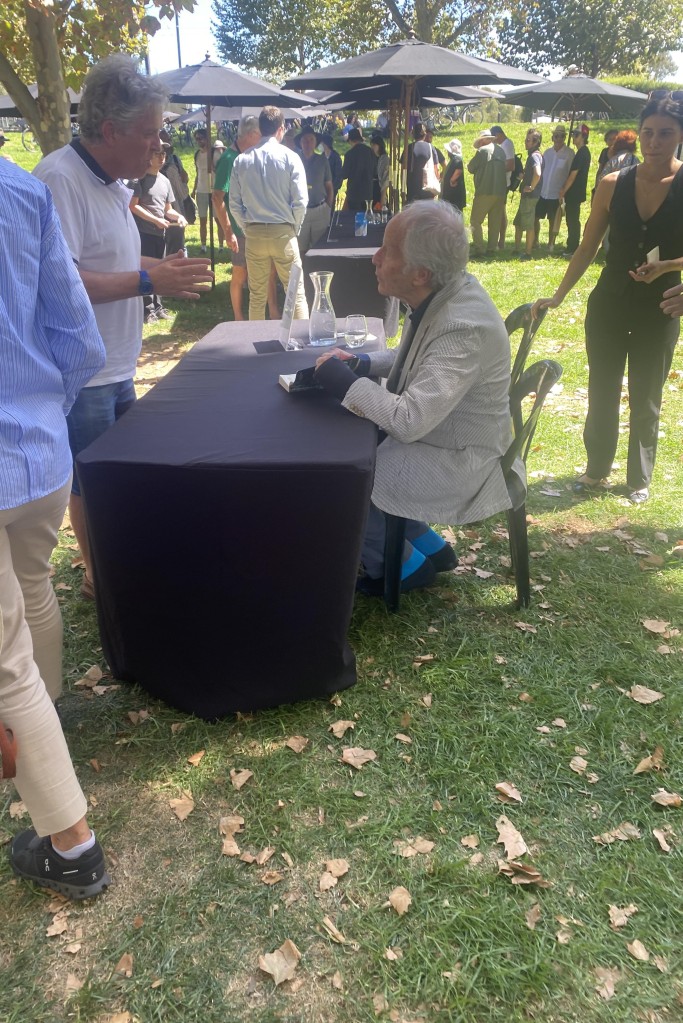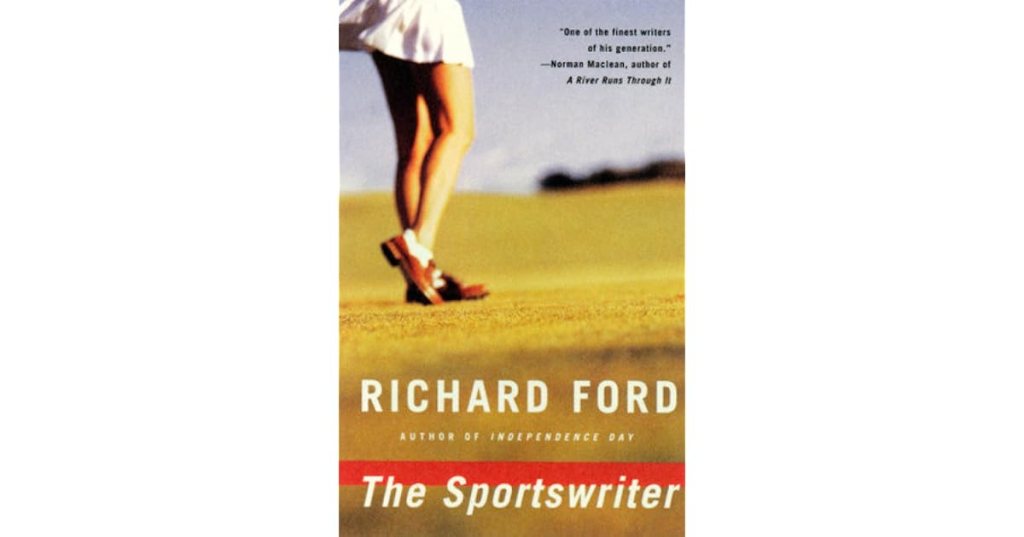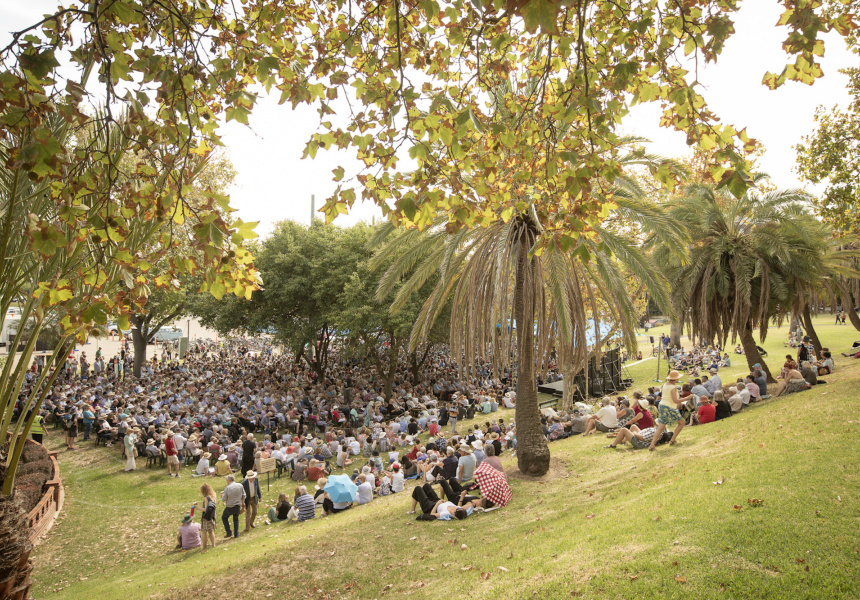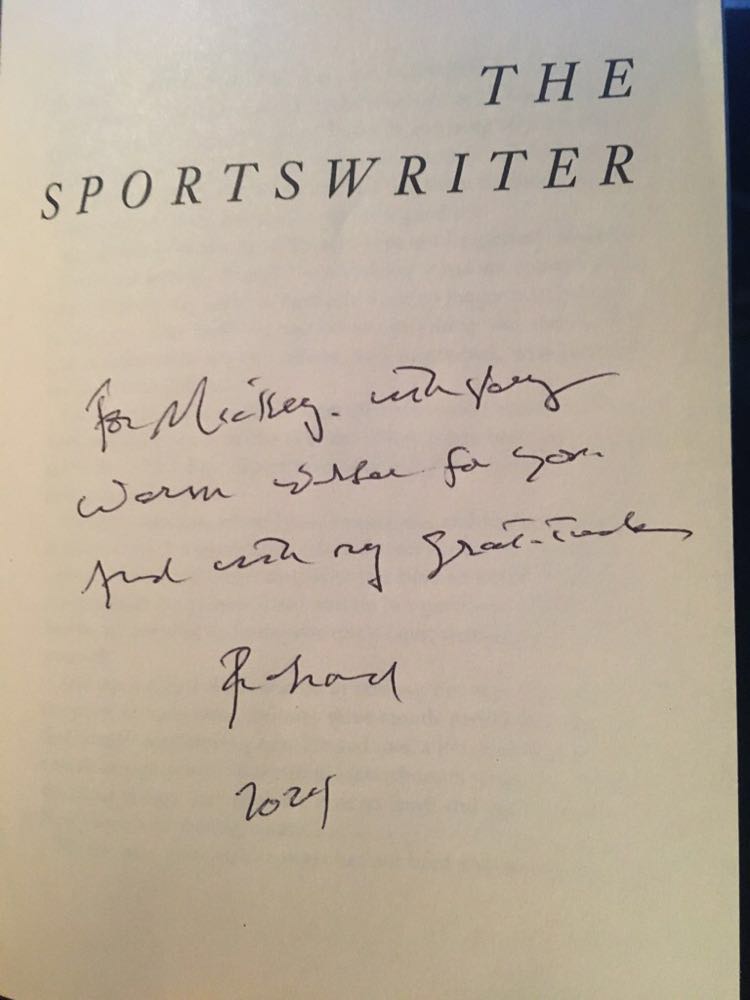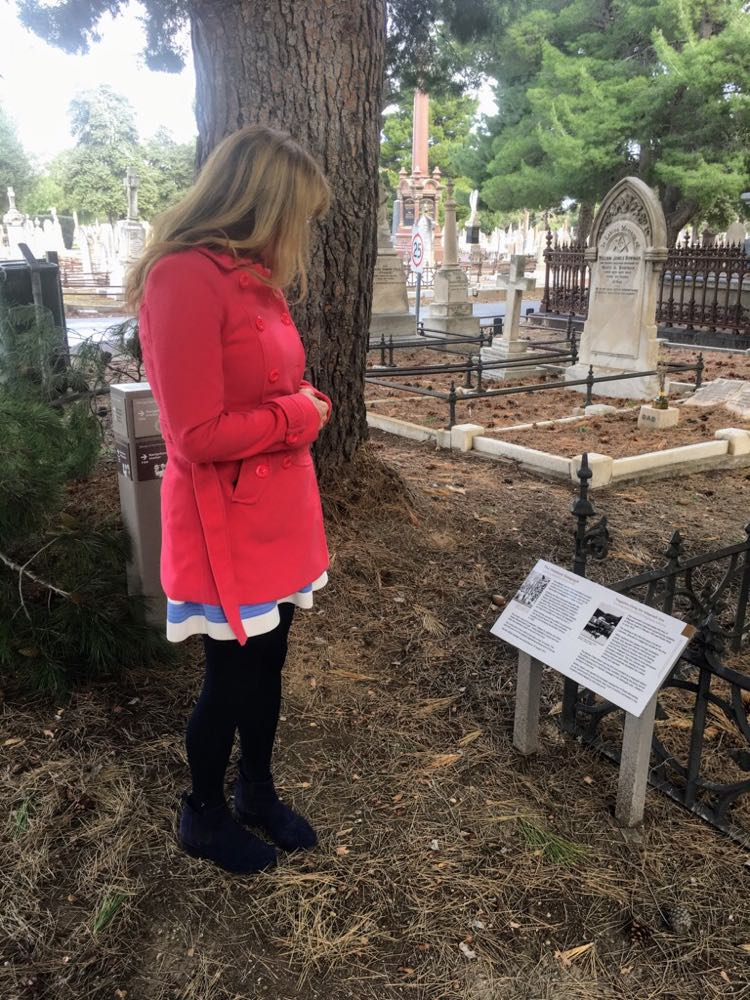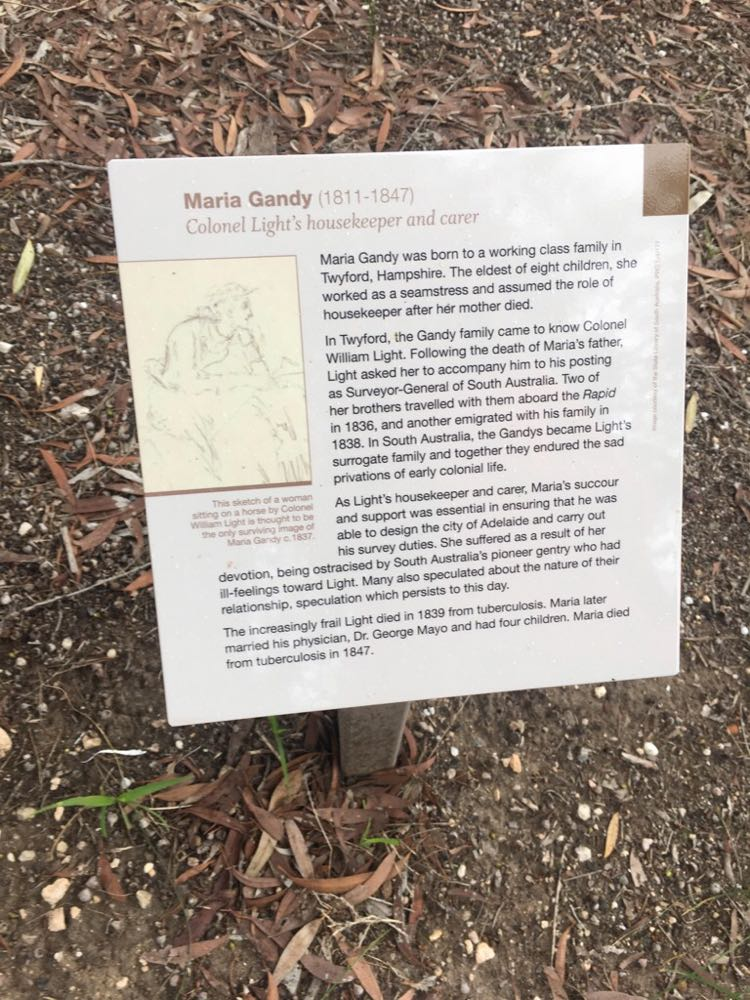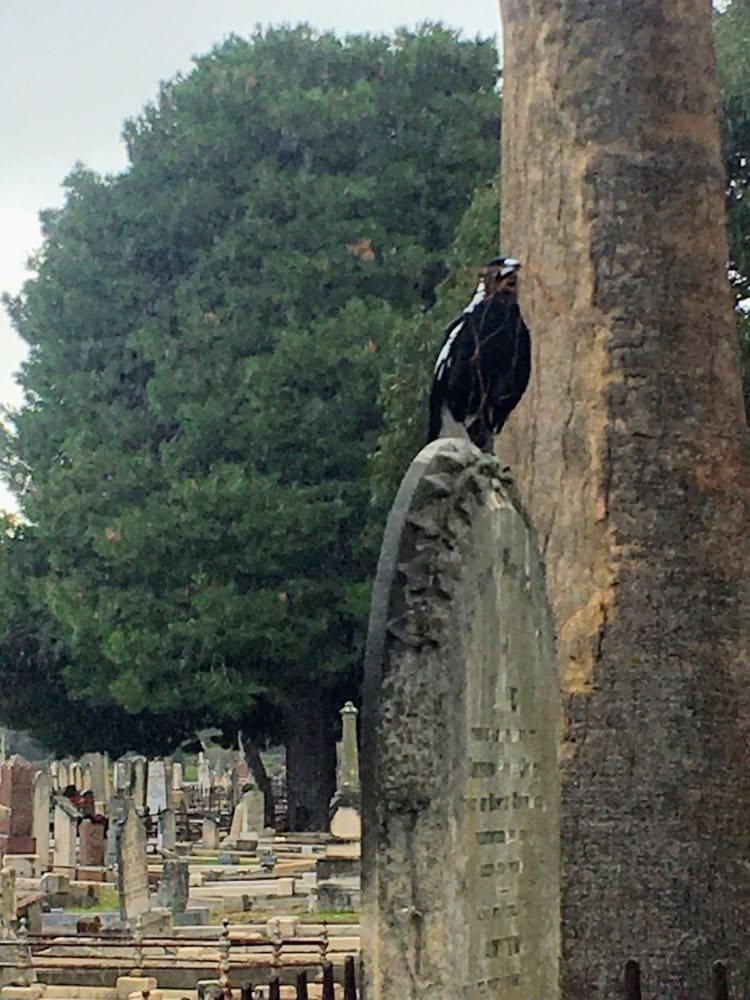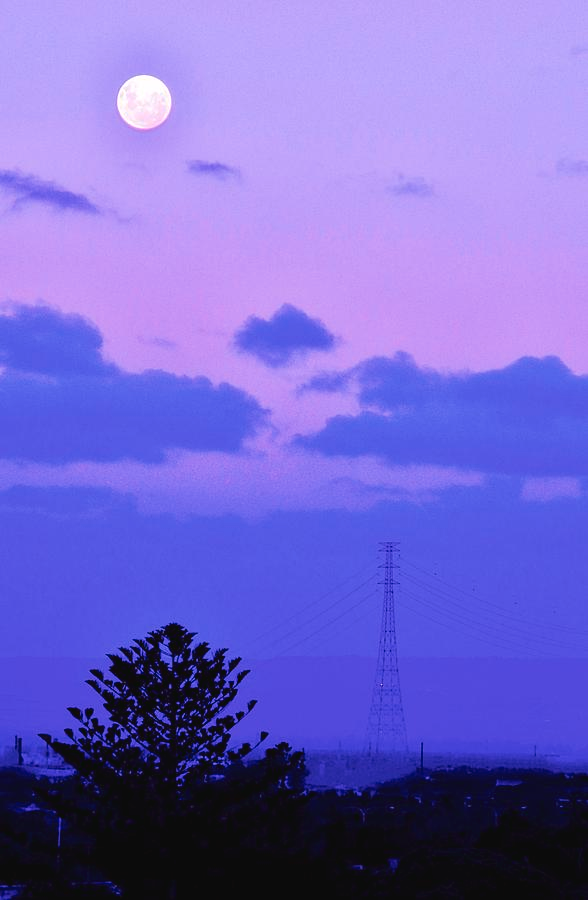
Trundling along the murky esplanade, dawn was hiding behind the Adelaide Hills. To the west the ocean lay as if it too were asleep making me the sole speck of animated life. Some mornings are crisp and the world’s in sharp, razored focus. Today, the sky was fuddled and uncertain.
A distant, descending plane hung silently; its light frozen against the darkness like a lamp. Looming over the seascape, the burning, off-white moon threatened as if in an old horror film. The ghostly glow illuminated my plodding path and connected night and day.
Considering nature’s ravenous fire and the minuteness of human life, I kept running.
*
As is my happy habit I’m eternally re-reading The Sportswriter series and am on the final novel. The prose is often startling in its magnificence and makes me inwardly gasp. I forever find literary diamonds in these and Be Mine offers this scene at Mt. Rushmore:

Just now, as if propelled from the mountain itself, a helicopter- tiny- materializes down out of the marbled heavens, high-tailed and insect-like, and for all of us along the viewing wall, soundless. It passes on string through the grainy air, tilts to starboard, seems for a moment to pause, then slides away, changes course and makes a dreamlike pass close to the presidential physiognomies, comes about again, tail swaying, makes a pass the other way, so that whoever’s inside get the fullest view up close.
The author, Richard Ford, has a rare sensitivity to the splendor and joy of words.
*
Originating in Athens, Georgia, REM was primarily a guitar band, and courtesy of singer Michael Stipe’s lyrics, they presented the world opaquely. Their jangling sounds were, for example, sometimes accompanied by a mandolin and sometimes by arena-sized grungy bombast, but REM’s most gorgeous track is one of which acclaimed keyboardists, Elton John and Ben Folds would be proud. ‘Nightswimming’ is a piano delight, penned and played by the band’s polymath bassist, Mike Mills. The circular motif is at once fragile but also driven, serenely.

It features on the album Automatic for the People, a meditative, melancholy record that gave opportune shape and meaning to my West Coast life when it was released three decades’ back. ‘Nightswimming’ is a prayer to nostalgia, friendship, and summer’s end. Spending time with the song this week, its embrace is that of a dear, old companion.
Nightswimming, remembering that night
September’s coming soon
I’m pining for the moon
And what if there were two
Side by side in orbit around the fairest sun?
